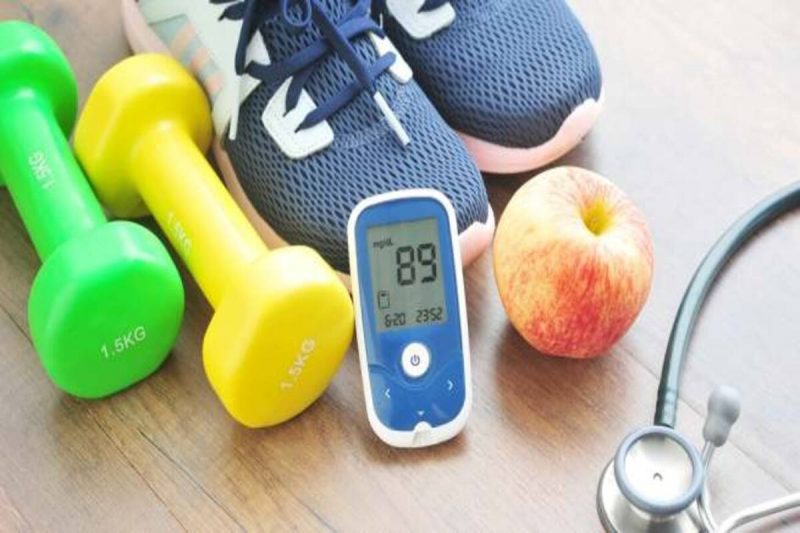Exercise and diabetes type 1, what you should know!
By Dr Mona Shabghareh
In patients with diabetes type one, the Pancreas’ ability to produce insulin is impaired. Therefore, this type of diabetic patients needs insulin replacement therapy to maintain their blood glucose level in the normal range.
It is critical to take a proper dose of insulin to prevent hypo-glycemia or low blood glucose level.
Many researches have shown that moderate levels of exercise can reduce blood glucose levels by multiple mechanisms and this effect is more significant if you exercise for a longer duration. The effect of exercise on blood sugar is additive to the effect of insulin and it can last up to 24 hours.
On the other hand, high intensity exercise may lead to an increase in blood sugar level by increasing stress related hormones such as adrenaline and cortisone. In addition, injuries that may happen during exercise and sport participation can also increase blood glucose levels.
So despite the fact that regular exercise have a lot of health benefits such as reducing the risk of heart and vascular disease, improving your mood, making your bones and muscles stronger and helping you to control your body weight, it can lead to hypo or hyper-glycemia or even be detrimental to your health if you do not know how much and what type of exercise suits you.
The best way to ensure you are doing the correct thing is by consulting with an expert physician.
However, some other helpful tips include;
1. Checking your blood glucose levels before and after an exercise session. It is safe to do exercise only if your blood glucose level is between 6.6-10 mmol/L.
2. Always have some quickly digested carbohydrate (such as fruit juice or barely sugar) available when you are exercising.
3. Eat something 1-2 hours prior to exercise.
4. Avoid dehydration.
5. If you want to inject insulin prior to your exercise session, use a site away from the exercising muscles to inject.
6. Do not drink alcohol after exercise as it dehydrates and lowers blood glucose level.
7. You should adjust your pre-exercise insulin if you are doing strenuous activity for longer than 1 hour.
8. Be aware of the signs of hypo-glycemia and stop if they appear.
9. Avoid exercising in extreme temperatures.
Based on the guidelines from the American College of Sport Medicine (ACSM), you should visit and be evaluated by a Sports Physician or Cardiologist if you are over 35 years old or have had diabetes for a couple of years or want to do any exercise that exceeds the demands of brisk walking.
If you’d like to book an appointment with Dr Mona Shabghareh, please call (03) 9770 2398

